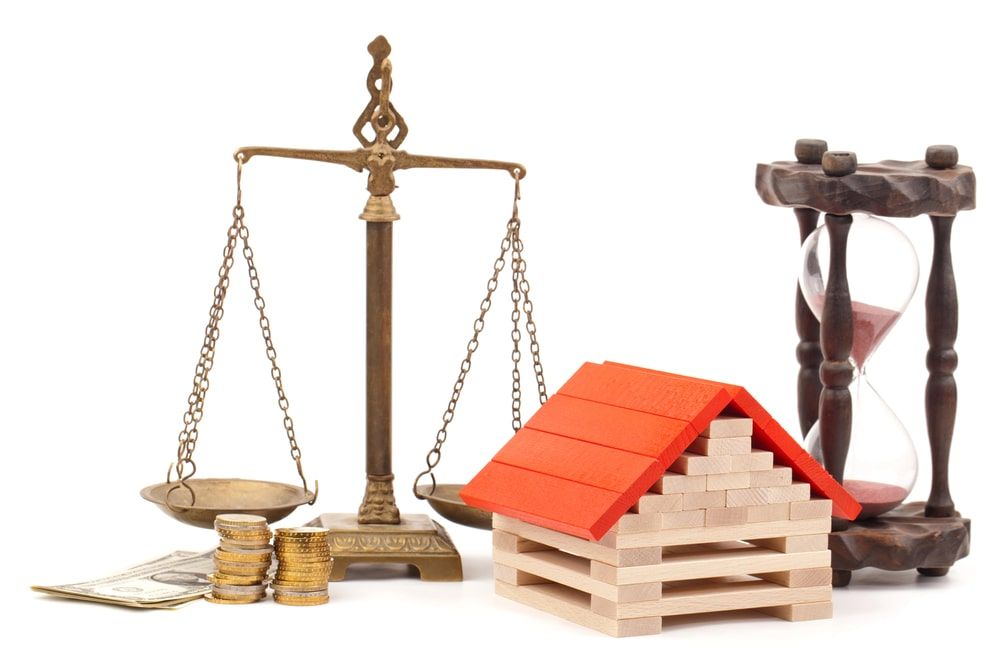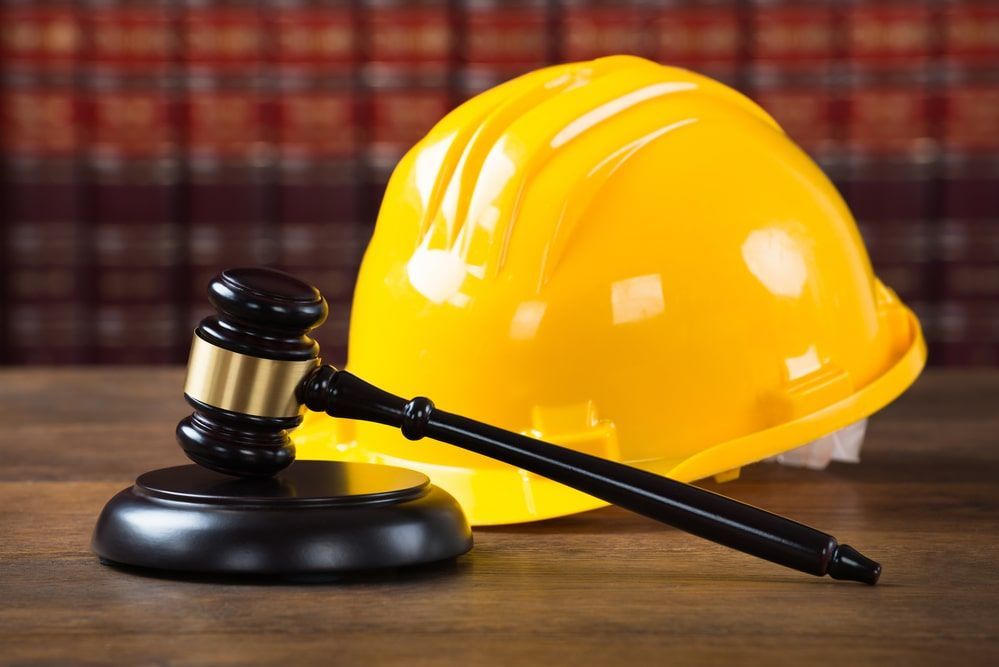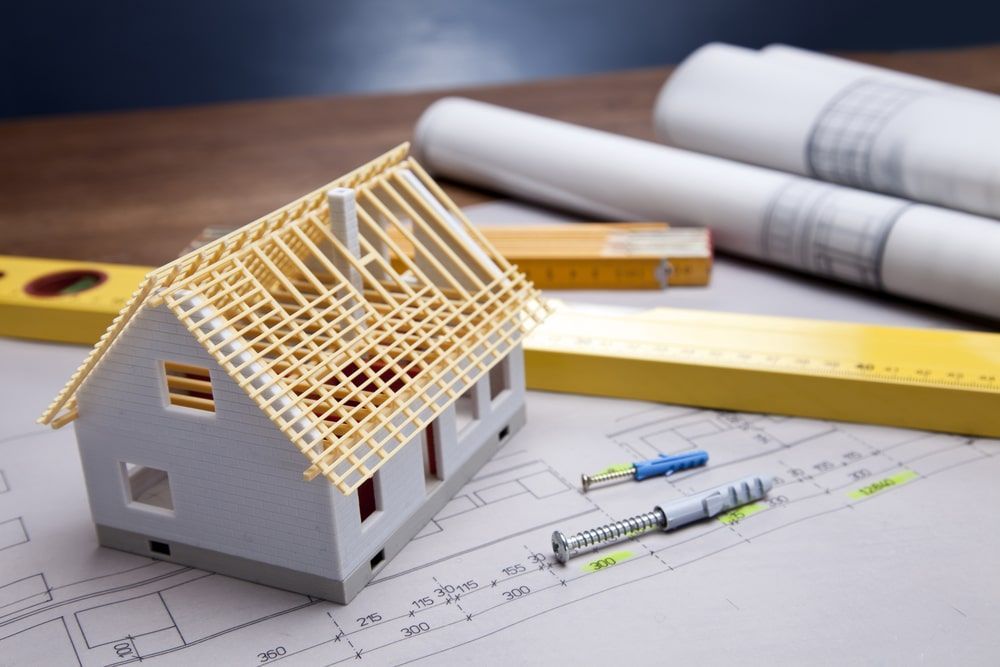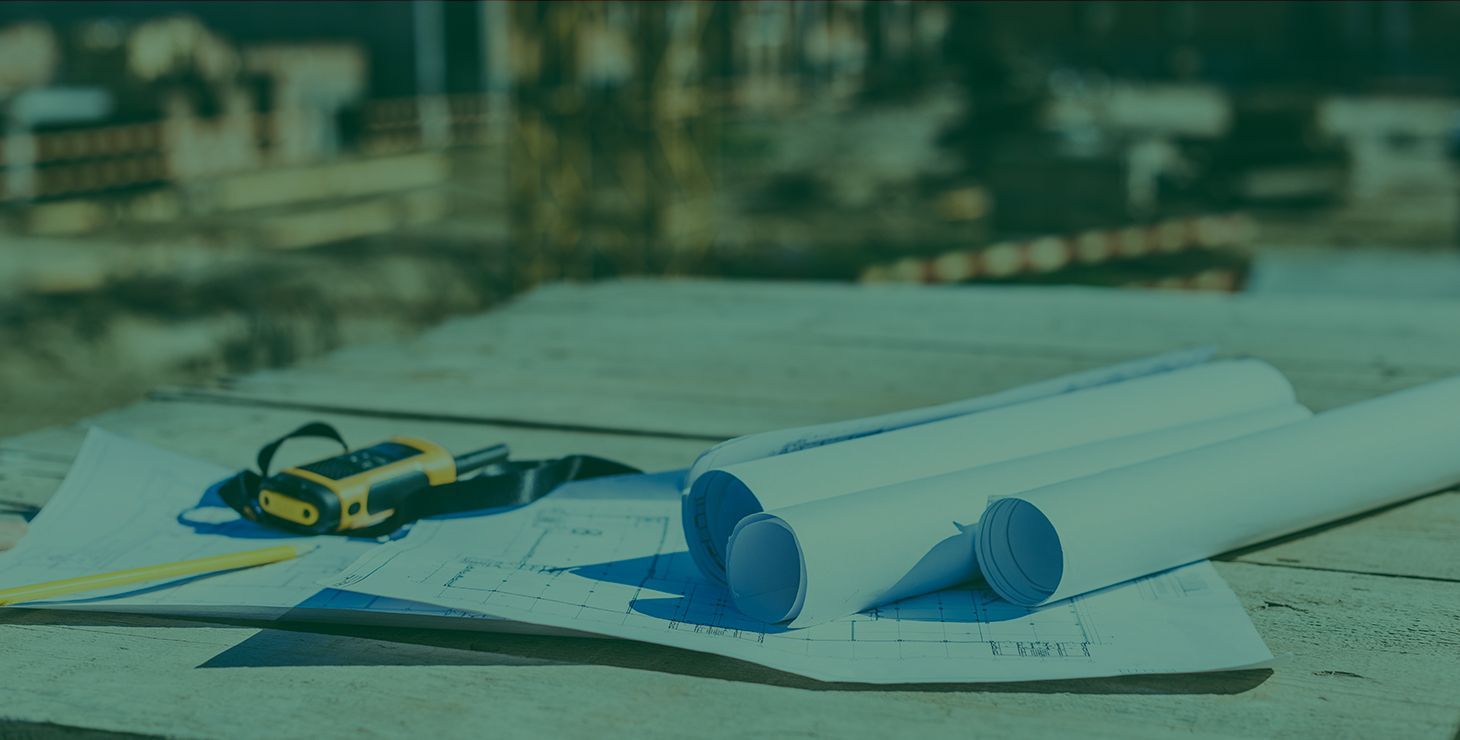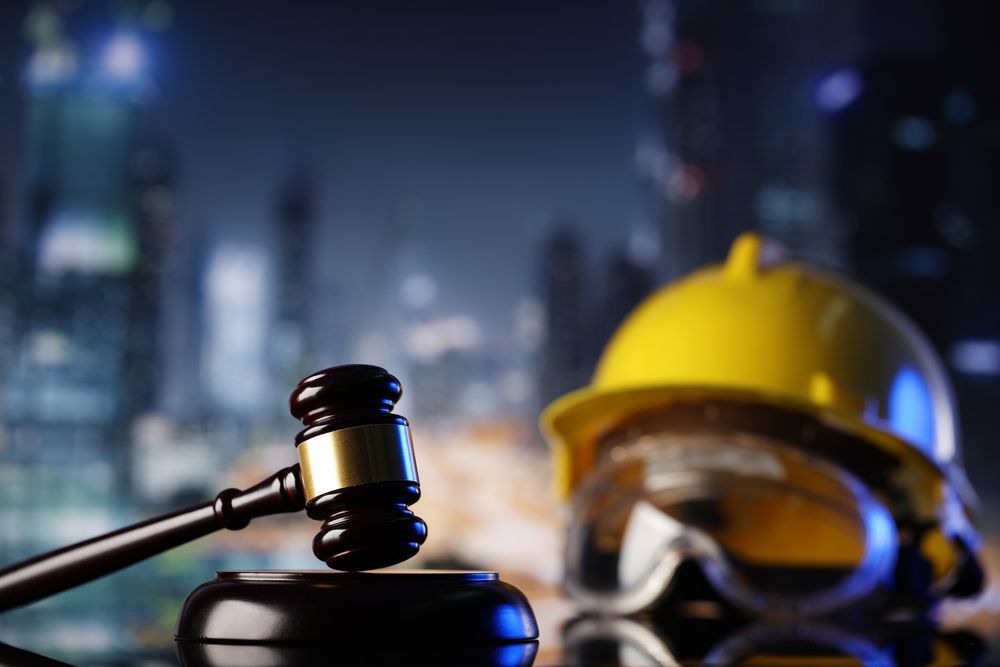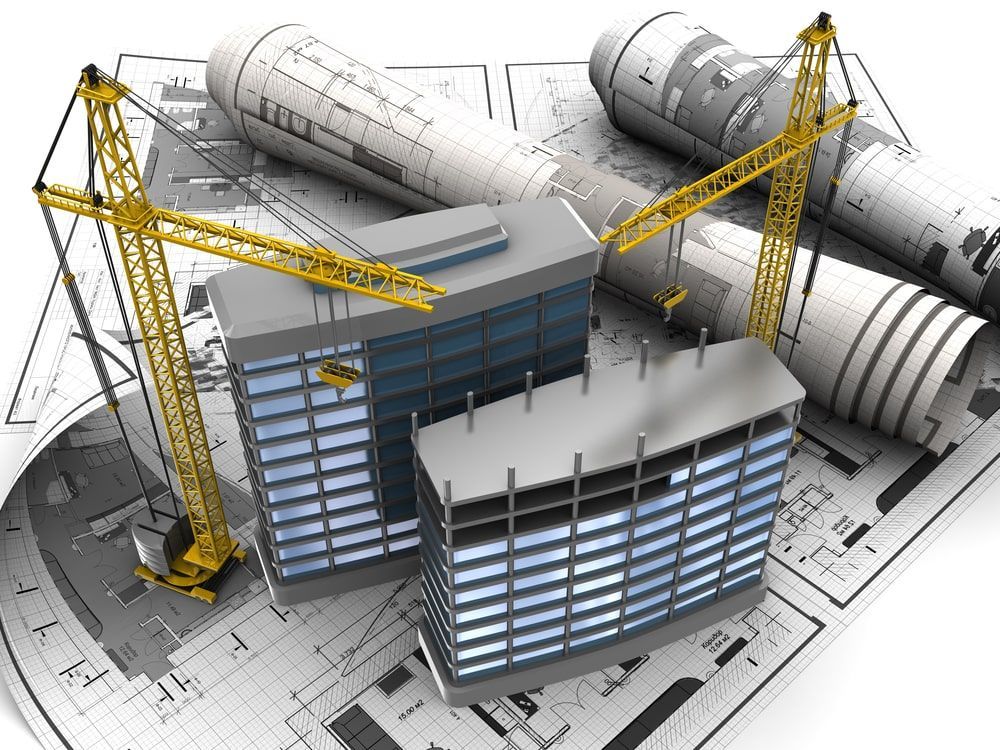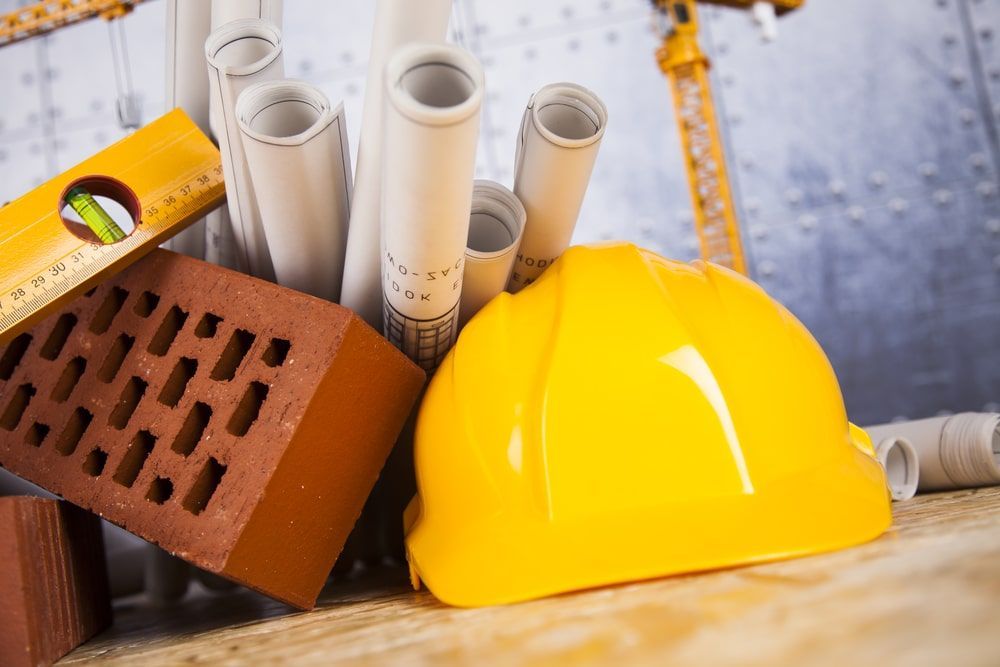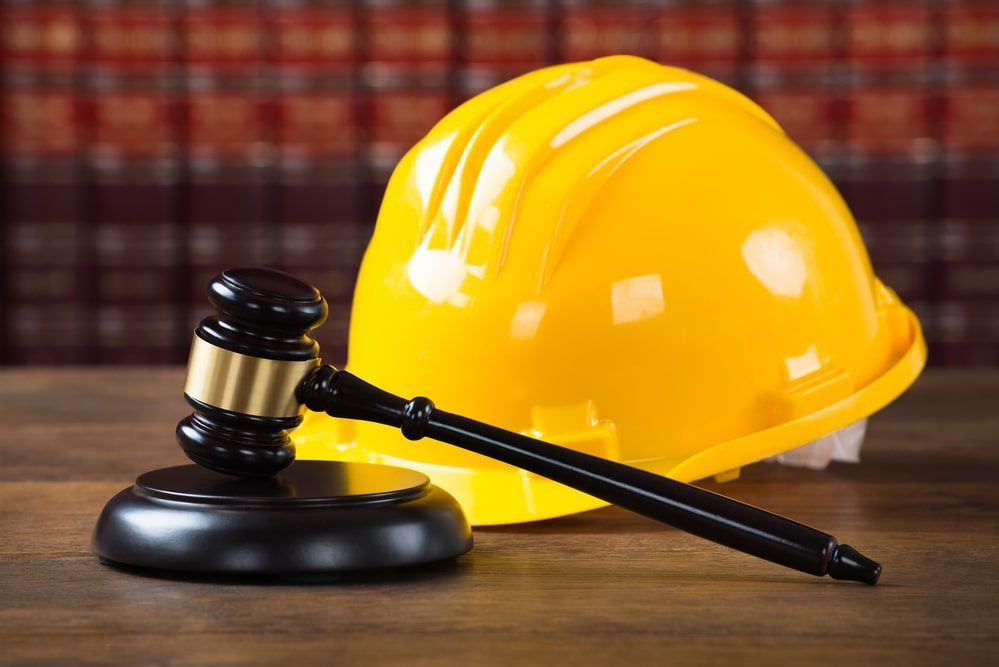Common Causes of Commercial Real Estate Disputes in Florida

Preventing real estate disputes should be a priority in every commercial construction project but even the most professionally drafted contracts can run into issues.
Legal disputes can be tough for both budgets and timescales of construction projects. Disagreements should be dealt with promptly and workable solutions found, with litigation generally considered a last resort.
Understanding the main causes of commercial real estate disputes can help prevent issues from arising in the first place.
What is considered commercial property?
Commercial property is typically any property used for business purposes rather than residential. This may include office buildings/parks, retail stores, warehouses, industrial buildings and more.
If you are unsure whether your property is considered commercial, you can refer to the local zoning laws in Florida or consult with a commercial real estate lawyer. Most commercial property in Florida is zoned for business or mixed-use and is often located in high-traffic areas.
There are few general legal protections in commercial property transactions other than those stipulated in the relevant contracts that are in place. Having these contracts drafted by a competent commercial real estate lawyer should be a priority so that disagreements can be prevented.
Common reasons for commercial real estate disputes
Some reasons for commercial property disputes come up repeatedly. The most common ones are:
Breach of contract disputes are probably the most common types of real estate transaction disputes. If a property owner, contractor or another party fails to live up to their side of the agreement as outlined in the contract, a breach of contract may result and this can lead to a legal dispute.
Florida’s zoning laws classify land into particular districts, such as industrial, agricultural, commercial, residential, and recreational. These laws outline the legal use restrictions for land and help determine whether permits can be issued.
Developers of commercial property are subject to zoning laws. Land use disputes may arise if a project (or a planned project) is suspected of violating the regulations set out by state laws.
A developer may sometimes want to challenge the zoning laws so that an appropriate permit can be obtained. Alternatively, the government may claim that zoning laws have been contravened and a project is using the land unlawfully. This, again, can result in litigation.
Sometimes, too, the legal boundaries of zones or properties are improperly recorded and boundary disputes may arise.
Commercial properties may have several owners. A consensus may not always be possible and disputes may arise with almost any major decision that must be made.
Such disputes can be challenging to resolve and may involve litigation unless the dispute can be resolved during mediation.
Safety concerns are a common cause of disputes with construction projects.
At the start of a project, safety protocols should be agreed upon and implemented according to current best practices. All contractors and construction workers should be adequately trained and any issues addressed rapidly to avoid serious disputes.
Change orders are written agreements that modify the original construction contract.
If a change order fails to properly document the changes requested and is not signed by all parties involved, it can lead to unwanted surprises for parties to a contract. This can prompt disputes and legal issues.
Another type of commercial real estate dispute may arise if a property owner is aware of a material defect on a property (such as a mold problem) and fails to disclose it.
If the defect is discovered after the transaction, it may lead to a lawsuit as the purchaser can claim that the seller knew or should have known about the defects and disclosed them.
How to deal with construction disputes in Florida
Most construction disputes are inherently complex with multiple parties involved in most projects, including owners, contractors, subcontractors, and suppliers.
Problems can be exacerbated if contracts are not drafted professionally to cover a wide variety of eventualities.
The threat of expensive and time-consuming litigation should drive all parties to negotiate out-of-court resolutions to disputes wherever possible.
Following are some basic tips to prevent disputes and to practice in the early stages of a disagreement to try to de-escalate the issue and find a workable resolution:
A simple lack of clear communication is a common reason for disagreements to escalate into full-blown legal disputes.
Schedules, budgets, and other critical project details must be regularly updated for all stakeholders and, if there is a disagreement, this should be documented and addressed as soon as possible.
Another basic error made by disputing parties is the failure to correctly understand the terms of the construction contract.
Misinterpreting a contract can lead to disputes over the scope of work, the payment schedule, the change order procedures, or other key matters in construction projects.
Legal assistance from a capable construction law professional can help to clarify matters and resolve disputes without heading to court.
Seek competent legal advice
Resolving commercial real estate disputes often requires in-depth knowledge of state and federal laws, as well as city and county rules and regulations.
It’s essential to seek seasoned legal advice from a qualified construction attorney if you are involved in a construction disagreement that looks set to escalate. Addressing issues in their early stages can protect your rights and save time, money, and headaches.
For help with a commercial real estate dispute, call Bennett Legal Group today at 407-734-4559 to arrange a free consultation. Alternatively, complete a short form and let us know the nature of your issue.
The post Common Causes of Commercial Real Estate Disputes in Florida appeared first on Bennett Legal Group, P.A..

